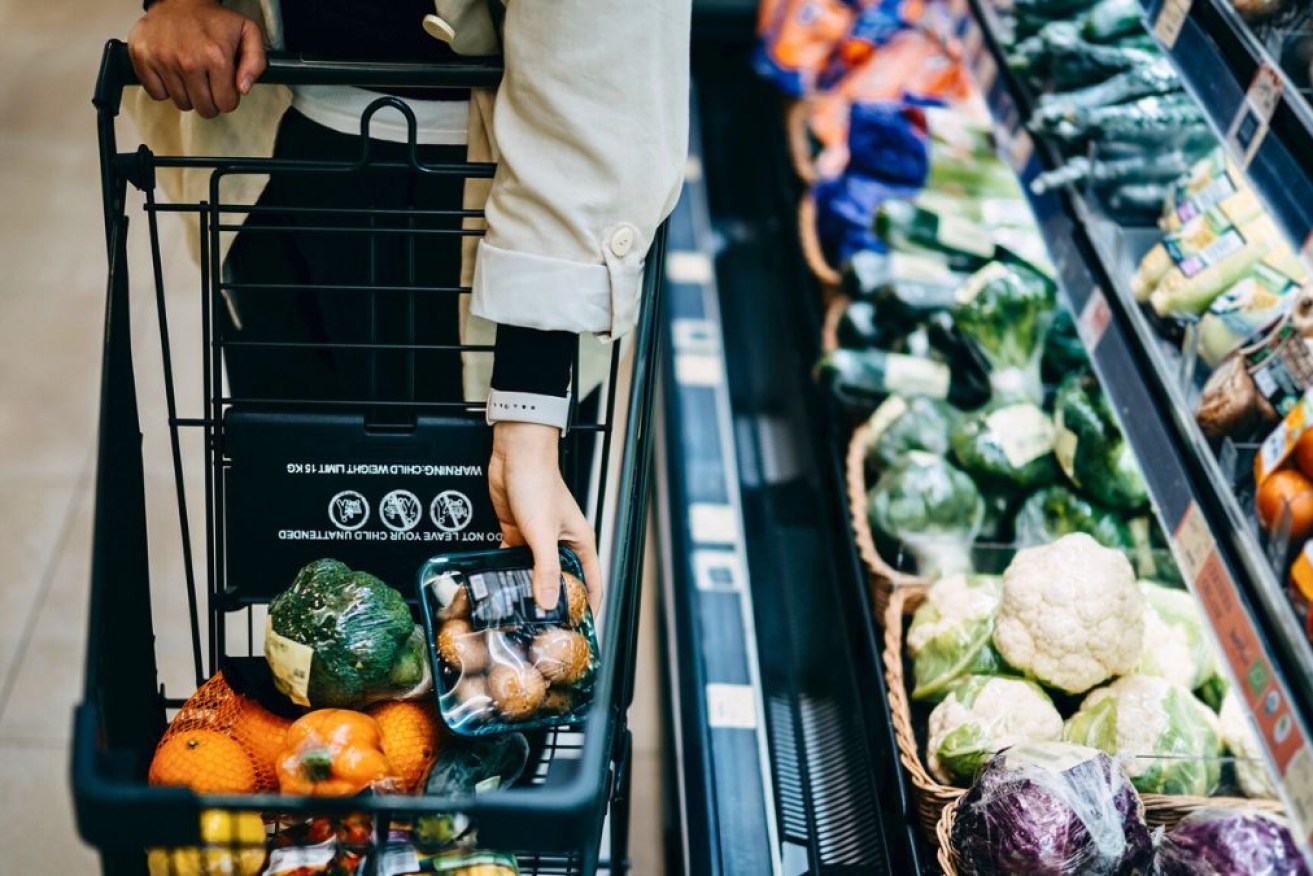Research reveals eye-watering Australian grocery bills


Australians are forking over huge sums for groceries, new figures show.
The average Australian household is forking out more than $193 a week for groceries, new data shows, sparking warnings families are suffering under a “financial pressure cooker”.
Figures published on Tuesday by Compare the Market revealed the sum, but there is a slight silver lining; the figure is down $1.80 from January 2023.
It shows that while food inflation has eased over the past year, most families are still being squeezed massively at the supermarket, especially on fresh food essentials like red meats.
According to the latest Australian Bureau of Statistics (ABS) figures, food inflation was still 4.5 per cent in the December quarter, which is down from a peak of 9.2 per cent in 2022 but is still far higher than long-run averages.
“The inflation roller coaster seems to be coming to an end, however, many households are still feeling the financial pinch,” Compare The Market spokesperson Phillip Portman explained.
“At first glance, spending $193 at the shops seems like a lot, breaking that down to three square meals a day for even for one person for a week comes out to $9.19 a meal.
“In most instances, that wouldn’t even cover a lunch out if people go into the office.”
Skyrocketing grocery costs have been a hot topic in recent months amid anger at major supermarket chains Coles and Woolworths, which have been accused of price gouging.
That has sparked several public inquiries into the industry with an eye towards lower prices in the future, but in the meantime shoppers are getting creative with ways to save at the checkout.
Portman said survey data indicates that more Australians are giving up eating out, buying home-brand foods, or even skipping meals to make ends meet.
“It shouldn’t have to come down to this to make rent or pay off their loan,” Portman said.
Other cost-of-living pressures are also driving families into making tough decisions, with the latest data from Roy Morgan on Monday also showing that mortgage stress has hit a record high in early 2024.
Luckily, there are no shortage of strategies to help save money at the supermarket, whether that’s playing close attention to pricing changes to work out what chain is cheapest, or running the ruler over any food waste throughout your household.
As TND has explained, supermarkets often try to take advantage of shoppers who don’t have the time to make savvy decisions or are unaware about the marketing tricks that increase prices.
But some research combined with understanding the nuances of unit pricing and how discounting works can help you avoid the worst of the squeeze, even if grocery prices continue to increase.
Elsewhere, Portman urged households to think about their broader financial health, saying that other recurring bills like insurance can be cut by scouring the market for the cheapest prices.
He said some Australians have managed to save hundreds of dollars just by reviewing a routine bill before renewing for the next year.
“The No.1 thing people forget is their electricity bill,” he said.
“While you may have been on a competitive offer, these lower rates typically expire after a set period and you may be rolled onto a more expensive offer without realising.”








